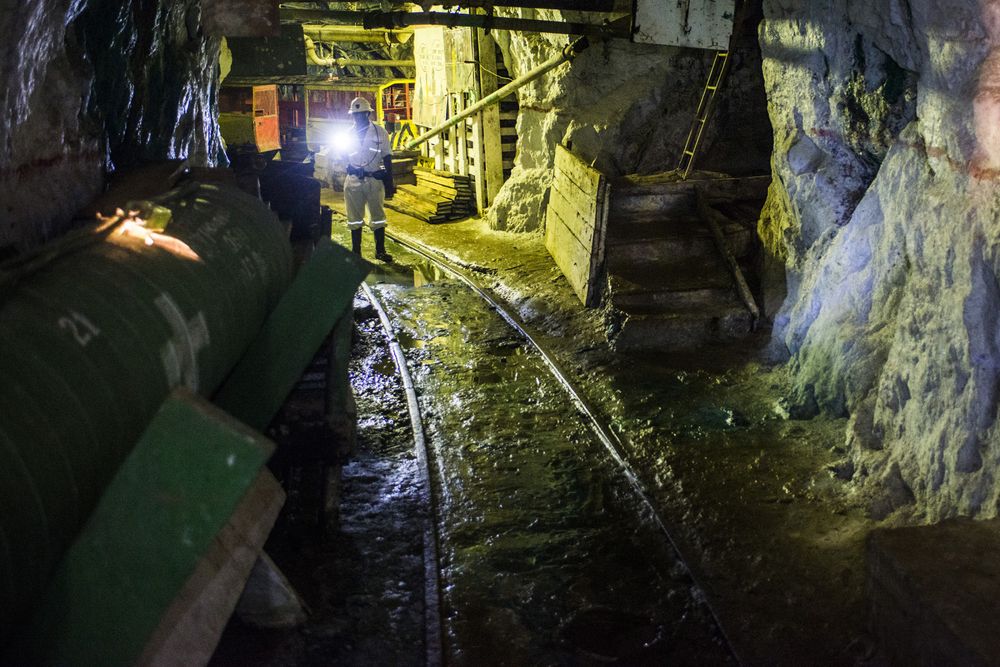- BoI approves N5bn intervention fund for miners
The Bank of Industry and the Ministry of Mines and Steel Development on Tuesday sealed a N5bn financing pact under the Artisanal and Small-scale Miners Financing Support Fund for the development of the mining sector.
The amount, which is to be disbursed to the miners at a single-digit interest rate of five per cent with a repayment period of between one year and five years, is aimed at addressing the funding challenges in the sector.
Present at the event were the Minister of Mines and Steel Development, Dr. Kayode Fayemi; the Managing Director, BoI, Mr. Olukayode Pitan, and other top government officials.
Pitan described the agreement as a move that would catalyse the growth and development of the sector to enable it to facilitate job creation, poverty reduction and increase in revenue for the nation.
He said that under the agreement, both the ministry and the BoI would provide the N5bn under a matching fund arrangement of N2.5bn each.
Giving further insights into the modalities for the disbursement, Pitan said each artisanal miner would be entitled to a loan of between N100,000 and N10m while small-scale miners would get between N10m and N100m.
He said, “This is the first time this kind of funding is being put together. The mining sector, in terms of financing, is a specialised area that not every bank is equipped to lend to.
“We are pioneering, assisting the artisans and small-scale miners who are in the majority in this industry. Before they can access this money, they must have the required licences from the ministry.
“We are also going to look at the loans from a business point of view; we are going to analyse it and the ones that are bankable are the ones we will do. We will ensure that they come into cooperatives so that the money is not wasted.”
Fayemi, in his address, described the N5bn loan as a demonstration of the commitment of government to diversify the economy away from oil to non-oil sector.
The minister said the funds would be available in the form of term loans for working capital to be utilised for the purchase of plant and machinery; payment for drilling, geological and other services related to the mining business.
Other purposes for which the funds could be used are working capital for purchase of materials as well as other expenses.
He said, “This agreement is a meeting of minds between the FMMSD and the BoI. We are, in the first instance, launching a N5bn fund. With our ministry’s pilot contribution of N2.5bn; BoI will match our contribution with another N2.5bn.”

 Forex2 weeks ago
Forex2 weeks ago


 Naira2 weeks ago
Naira2 weeks ago
 Billionaire Watch2 weeks ago
Billionaire Watch2 weeks ago




 Naira2 weeks ago
Naira2 weeks ago




 Naira2 weeks ago
Naira2 weeks ago




 Naira4 weeks ago
Naira4 weeks ago


 Naira6 days ago
Naira6 days ago
 Banking Sector4 weeks ago
Banking Sector4 weeks ago






















